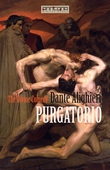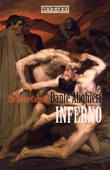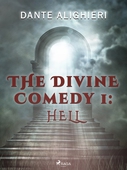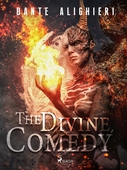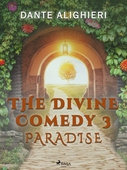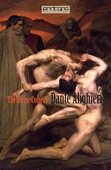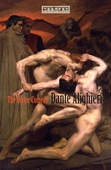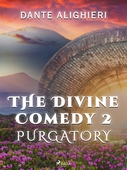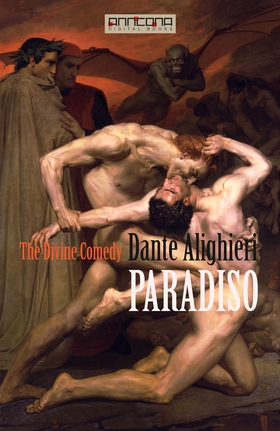
Lägg till önskelistan
The Divine Comedy - PARADISO e-bok
Pris
19 kr
The Divine Comedy – PARADISO
This is an unabridged version of PARADISO, the third part of The Divine Comedy, an epic poem written by Dante Alighieri.
The Divine Comedy is written in the first person, and tells of Dante's journey through the three realms of the dead, lasting from the night before Good Friday to the Wednesday after Easter in the spring of 1300.
The Roman poet Virgil guides him through Hell and Purgatory; Beatrice, Dante's ideal woman, guides him through Heaven. On the surfa...
E-Bok
19 kr
Pris
Ljudbok
65 kr
Pris
Förlag
Anncona Media
Utgiven
10 April 2019
Genrer
Filosofi Och Religion, Litteraturvetenskap, Fackböcker
Språk
English
Format
epub
Kopieringsskydd
Vattenmärkt
ISBN
9789177595168
The Divine Comedy – PARADISO
This is an unabridged version of PARADISO, the third part of The Divine Comedy, an epic poem written by Dante Alighieri.
The Divine Comedy is written in the first person, and tells of Dante's journey through the three realms of the dead, lasting from the night before Good Friday to the Wednesday after Easter in the spring of 1300.
The Roman poet Virgil guides him through Hell and Purgatory; Beatrice, Dante's ideal woman, guides him through Heaven. On the surface, the poem describes Dante's travels through Inferno (Hell), Purgatorio (Purgatory), and Paradiso (Paradise/Heaven).; but at a deeper level, it represents allegorically the soul's journey towards God.
In PARADISO, Beatrice guides Dante through the nine celestial spheres of Heaven. While the structures of the Inferno and Purgatorio were based on different classifications of sin, the structure of the Paradiso is based on the four cardinal virtues (Prudence, Fortitude, Justice and Temperance) and the three theological virtues of faith, hope and love.
Dante meets and converses with several great saints of the Church, including Thomas Aquinas, Bonaventure, Saint Peter, and St. John. The Paradiso is consequently more theological in nature than the Inferno and the Purgatorio.
The Divine Comedy finishes with Dante seeing the Triune God. In a flash of understanding that he cannot express, Dante finally understands the mystery of Christ's divinity and humanity, and his soul becomes aligned with God's love.
The translation from 1891 by Charles Eliot Norton is written in prose (a form of grammatical structure and natural flow of speech rather than the original blank verse) and includes more than 1,300 footnotes and explanations.
E-Book: ePUB, contains 55,800 words including the endnotes. Average reading time should be around 4 hours and 40 min, but is likely longer due to the content text. Also available as audiobook read by Tony Addison, running time 5 hours, 25 min.
The Divine Comedy is available in one full volume including all three parts, or as separate E-Books or audio books; INFERNO (5 hours, 16 min), PURGATORIO (5 hours, 25 min), and PARADISO (5 hours, 38 min.
Dante Alighieri (c. 1265–1321), was a major Italian poet of the Middle Ages. His Divine Comedy, is widely considered the greatest literary work composed in the Italian language and a masterpiece of world literature.

